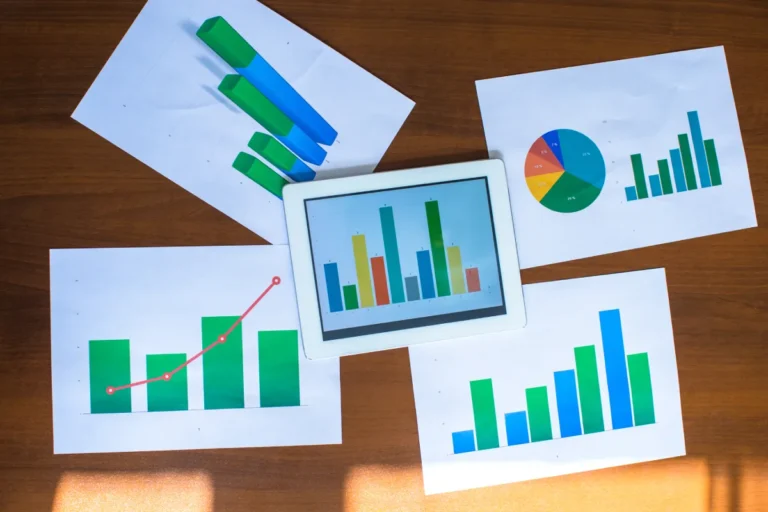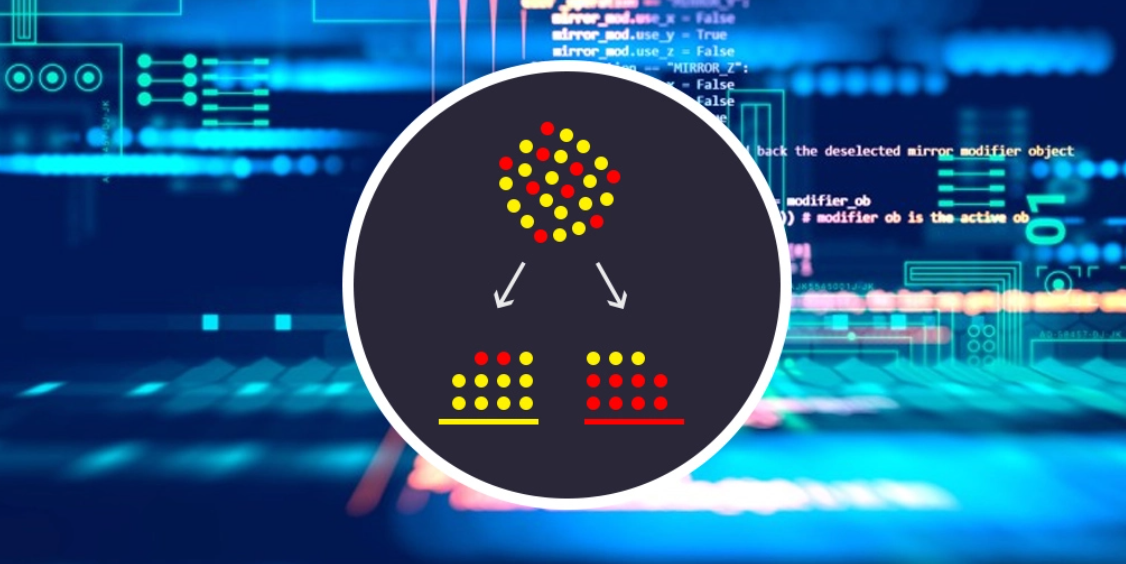As we step into the future of work in 2025, it is clear that work tracking software accompanies businesses that wish to enhance productivity, automate processes, and respond to the realities of hybrid and remote work settings. This Controlio software provides businesses with up-to-the-minute data about employee performance and activity that can assist in time optimization, increased responsibility, and improvement of productivity culture. Work tracking does not only serve as an accountability mechanism; it helps both managers and employees in eliminating inefficiencies within processes to mobilize all efforts toward achieving organizational goals. In this article, work tracking software is discussed, including benefits, features, ethical implications, and changes in workplaces of the future.
What Is Work Tracking Software?
Work tracking software refers to a class of computer applications that record, monitor, and report how employees utilize their time at work to ensure optimal productivity and resource utilization within the organization. This software records the time allocated to specific tasks, applications used, project milestones achieved, and even geographical location for employees in the field. AI (artificial intelligence) and analytics make it possible to analyze the data and provide processes that enhance workflow improvement and employee productivity.
A primary example would be the Controlio app with features such as productivity analysis, activity monitoring, custom reporting, etc. Controlio is an important tool for businesses that aim to improve productivity, especially in a distributed work environment.
Benefits of Work Tracking Software
Work tracking software has various benefits that improve organizational productivity and workforce efficiency. Work tracking software helps with:
- Improved Productivity: The software assists learners in non-work-related browsing avoidance, thus enabling employees to focus on high-value tasks and increase productivity.
- Enhanced Accountability: Tracking related to work fosters responsibility, motivating employees to keep up with deadlines and the organizational goals.
- Optimal Resource Use: Managers are able to monitor how long a task takes as well as what tools are used to accomplish specific tasks, therefore being able to manage time and personnel more efficiently.
- Support for Remote Work: Work tracking software helps ensure remote employees remain productive much like their in-office counterparts within the organization, which makes it useful for hybrid companies.
- Data-Driven Insights: Analytics ensures that an organization has a clear view of its performance, thus enabling informed decisions to be made regarding training and improvement processes.
Given these benefits, work-tracking software should be considered a core asset for companies looking towards sustainability in the competitive environment of 2025.
Important Characteristics of Work Tracking Software
To maximize productivity, the best work-tracking software is both highly functional and aesthetically simple. In 2025, extreme attention should be placed on these features:
- Real-Time Monitoring: Application activity and screen engagement are tracked and help provide up-to-the-minute visibility of how work is conducted.
- Time Tracking: Records time associated with tasks, projects, or applications, which helps in accurate resource and project management.
- Productivity Analytics: Scores are allocated based on active work time and task completion, which helps recognize productive and unproductive behaviors.
- Screenshot Capture: Takes screenshots at regular intervals to help put context to activities while ensuring data privacy through blurring.
- Assignments: Creates reports for teams and individuals using dataset customizations to inform decisions at a strategic level.
- Integrations: Bridges with external systems such as Slack, Trello, and CRM systems to improve workflow efficiency.
Such features are offered by the Controlio tool and other tools that aim to optimize workforce productivity.
Using Work Tracking Software in a Responsible Way
To maintain employee trust and gain the benefits of work tracking tools, businesses should observe ethical practices while implementing these programs/services. Some of the best practices are:
- Discussing In Advance With Tracking Software Users
Users should be made aware of why the software is being installed and how it will benefit them. They should know that their support is being valued, which will assist in gaining their trust. - Limiting Access to Sensitive Information
Tracking should only include information directly related to tasks, such as access to business applications. Checking personal emails or any other forms of personal data should be out of reach. Any legal boundaries, such as data protection laws like GDPR or CCPA, should be obeyed. - Active Participation of Employees
Employees should be consulted before the implementation at all phases, such as feedback and addressing issues, which will help them feel a sense of ownership over the project. - Use of Positive Feedback
Tracking data should also be used positively, such as following up with support from trained specialists for those who may need help with time prioritization, recognition of efforts, or giving positive reminders. - Continuous Assistance
Put in place training for team leaders on how to interpret the information data. Employees should be taught how to use them to work in an effective manner. There should be periodic check-ins to assess if these programs align with company objectives.
Tracking productivity can help employees use the software effectively without compromising work culture if organizations consider all documented practices.
Case Study: Increasing Efficiency in a Marketing Agency
A mid-sized marketing agency exemplifies the effects of productivity software on a business. The tracking challenges related to a campaign launch delay in a hybrid workforce setting prompted the use of a hybrid tracking solution like the Controlio software. After notifying everyone about creative teams spending excessive time on content approvals, the agency adopted a tracking tool that revealed many of its creative teams spent a lot of time on content approvals. The use of automated systems brought campaign delays down by 20%. The system also identified peripheral usage of other collaborative tools and trained employees on how to use Slack and Trello. There was an increase in campaign efficiency and employee morale due to sophisticated workflows in three months. This case shows the need for ethically applied productivity-enhancing tools in work-tracking software.
Ethical Considerations
To ensure there’s no breach in trust or legal frameworks, trust and the ethical approach need to be set upfront. Companies should:
- Get consent when it is required by law.
- Limit monitoring to work-related activities only and protect the information with encryption.
- Provide mechanisms for employees to raise tracker concerns regarding monitoring practices.
With a precise focus on ethics, barring the compromise of trust becomes an assurance guiding work-tracking software approaches to productivity and employees.
Conclusion
By the year 2025, tools like the Controlio app will transform remote work into a solution for tracking work productivity, accountability, and productivity. With modern technologies, businesses manage workflows optimally and cultivate trust and culture under an ethical framework. With the timely shift in workplace dynamics as spelled out in this guide, organizational success in a competitive market is attainable.







